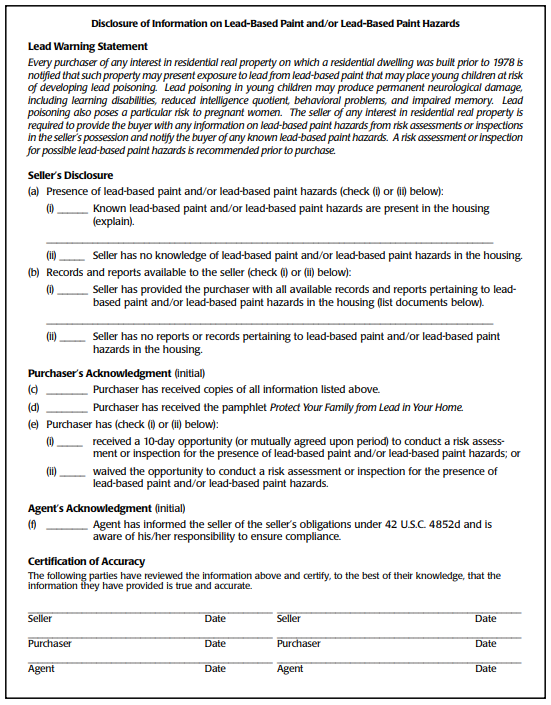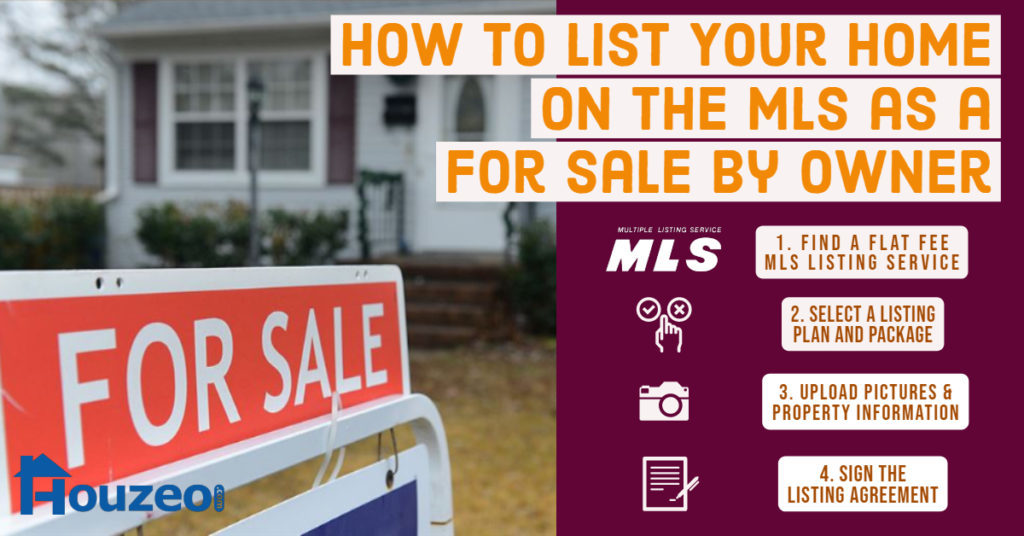Real estate disclosures in Alabama are one of the most complex disclosure processes in the USA. Most sellers are left scratching their heads while filling out the numerous forms of seller disclosures in Alabama. They’re not only unending, but also quite complicated to understand for someone with no understanding of the field.
But worry not, we are here to make that process easier when you want to sell a house in Alabama.
What are the Seller Disclosure Requirements in Alabama?
The state of Alabama employs a “caveat emptor” rule. Unlike other states, it’s the sole responsibility of the buyer to discover defects with the property’s condition during the transaction. Although implemented, there are three certain exceptions to caveat emptor. Thus, enabling home sellers the need to comply legally for disclosing defects to the buyer. Most buyers, however, complete a seller property disclosure form to avoid the possibility of lawsuits in Alabama.
As a seller, you need to know the provisions and rules involve, as well as the seller disclosure needed, in Alabama. Here, we help you ease your home-selling frustrations, and show you what you need to know—and how the process works.
Here are the two seller disclosure requirements you need to know if you are selling a property in Alabama:
- Federal Disclosure of Information on Lead-Based Paint and/or Lead-Based Paint Hazards
- Form of Seller Disclosure in Alabama (optional however preferred)
Residential Lead-Based Paint Hazard Reduction Act

The Residential Lead-Based Paint Hazard Reduction Act passed in 1992 requires the disclosure of any lead-based paint or chipped paint in any housing built before 1978.
Before the buyer signs any contract, the seller needs to ensure that there are no lead-based paint or other lead hazards present in the property. Exposure to lead from lead-contaminated dust, soil, or paint can bring harmful effects to the occupants, especially to the kids. As a responsible seller, you must inform your prospective buyers of any known information or reports n lead-paint hazards on your property. The federal Department of Environmental Protection provides a form available about this issue. As mandated by the Alabama law, homeowners and Alabama real estate agents should comply with the residential lead-based paint notification and provide an EPA-approved lead hazard information pamphlet to their respective buyer.
The home seller then is given 10 days to perform a paint inspection or risk assessment for lead-based paint or any related hazards as seller disclosure requirements in Alabama. If both parties agree, the 10 days can be possibly waived, shortened, or lengthened. To get a lead hazard inspection certified (EPA administers) firm, you can visit this site here.
» How to Sell My House Fast in Alabama: Discover Best Ways to Sell Your House Quickly
Seller’s Property Disclosure Statement
Title
- Do you have the legal authority to sell the property?
- Is the title to the property subject to a lease or rental agreement, life estate, other options?
- Encroachments and boundary disputes
- Right of way, easements, or access limitations that could affect the use of property
- Written agreements for joint maintenance of an easement or right way
- Survey project or notice
- Pending or existing assessments against the property
- Zoning violations, nonconforming uses, or any unusual restrictions on the subject property
- Boundary survey for the property
- Property’s boundaries mark
- Fences on the property
- Trees or other flora on the property diseased or damaged
- Covenants, conditions, or restricted
- Accessed by public or private road
Water
- Water source information. Any written agreements for a shared water source, an easement for access to maintenance of water source, problems or repairs, adequate year-round supply of potable water, or treatment systems.
- Irrigation
- Outdoor Sprinkler System
Sewer/ Septic System
- Is the property served by Public Sewer Main, Septic Tank System, or Other Disposal System? You have to answer several questions about your sewer/septic system to clarify or add some details about your property to the buyer.
Structural
- Age of your current roof, what’s it made of, roof leak, roof repairs, roof conversions, additions, or remodeling. Mention if all the building permits and final inspections are obtained. Age of the house, or the original construction. Any movement, shifting, deterioration, or other issues with foundation, walls, crawl space, or slab. Cracks or flaws in walls, ceilings, foundations, concrete slab, basement, floors or garage, dry rot, repairs, or other attempts.
- Any defective items such as fire alarm, chimneys, deck, foundation, exterior walls, interior walls, patio, door locks, slab floors, driveways, attic stairs, windows, sidewalks, fireplaces, garage floors, walkways, balconies, woodstoves, and outbuildings.
- Any pest, dry rot, structural, or house inspection.
- Pest control infestation or vermin. Aby termites, wood destroying insects or pests. Other control treatments, or coverage by a licensed pest control company. And also, the homeowner’s insurance claim regarding the property in the last four years.
Systems and Fixtures
- Electrical system, Plumbing system, how water heater, oven/stove, other appliances. Cooling and Heating systems, Air Conditioning, Heating system, Security System, and other defects.
Common Interest
- These are issues regarding the Home Owner’s Association, regular periodic assessments, any pending special assessments, or any shared common areas or any joint maintenance agreements?
Appliances, Heating, Plumbing, Electrical, and Other Mechanical Systems.
General
- Settling, soil, standing water, or drainage problems, material damage to the property from wind, fire, floods, beach movements, earthquake, expansive soils, or landslides. Or is it in a designated flood plain?
- Substances, materials, or products that cause environmental hazards such as asbestos, formaldehyde, radon gas, lead-based paint, fuel or chemical storage tanks, contaminated soil, or water on the property.
- Underground storage tanks, illegal drug-manufacturing site, wood-burning stove or fireplace.
- Existing or threatened legal action, transferable warranties, fire damage at any time, violation of any law or regulation, any locks without keys, Appraiser or Mechanic’s lien, General stains or pet stains to carpet or floor, unrecorded interests, landfills, or underground issues.
- Radon gas test and all other details concerning this.
Full Disclosure By Sellers (Verification)
These are other conditions or defects affecting the property that the buyer should know about.
Note: Read and review the disclosure form carefully. Answer each aspect of the property defect to the best of your knowledge. If in doubt, you can contact your real estate agent or lawyer for a bit of advice or opinion.

Three Exceptions to Alabama Caveat Emptor Rule
1. Fiduciary relationship exists between the buyer and seller
As the Alabama code stated, the seller is required to disclose known defects to the buyer if a fiduciary relationship exists between the parties. Cato v. Lowder Realty Co., 630 So. 2d 378 (Ala. 1993) A fiduciary relationship means one person has a federal duty to act in another person’s best interest. Although, in a real estate transaction, that means the seller has a legal responsibility to act in the best interest of the client or the home buyer. However, if there is a breach of fiduciary duty, one has to suffer the consequence in court.
Moreover, the Alabama court will consider several factors that will come at play on a case-by-case basis to identify if a fiduciary relationship exists Richard Brown Auction & Real Estate, Inc. v. Brown, 583 So. 2d 1313 (Ala. 1991). Through verbal or writing agreement, these are significant factors to build trust in both parties.
2. The seller knows the home contains a material defect not readily seen by the buyer and that could pose a health or safety risk to the buyer
For a health or safety exception, the seller or seller’s agent must disclose with these considerations: 1) has knowledge of a; 2) material defect or any known condition; 3) that affects the health or safety, and; 4) the defect or condition is not known to or readily observable by the buyer. Failure to disclose defects when under this certain factor is liable for damages. Since this is a serious exception, the Alabama courts highly require the buyer to see to it that the defect is a direct threat to the safety and health of the new occupant’s condition. See Teer v. Johnston, 60 So. 3d 253, 256 (Ala. 2010) (citing Blaylock v. Cary, 709 So. 2d 1128 (Ala. 1997). Furthermore, the seller has no legal obligation or whatsoever to inspect for health or safety problems.
3. The buyer directly questions the seller on specific defects
Lastly, if the buyer directly asks you a question about certain defects or conditions, you have to be completely honest. You have to disclose the problem or otherwise, you’ll be held legally responsible for dishonesty and misleading answers. In other words, you have to respond truthfully and provide information on known defects See Boswell, 519 So. 2d 493 (Ala. 1987); Lisenby, 579 So. 2d 1291 (Ala. 1991).
What if the seller fails to disclose any of this information to the buyer?
Although the seller has no actual obligation to disclose the home buyer any defects about the property, an act of intentional misleading—and if the evidence is clear—can lead to litigation. Providing evidence or proving about lying can be difficult but certainly not impossible. That’s the more reason why the buyers are encouraged to commission a home inspection before the scheduled closing date. So, it’s better to be safe than sorry.
Further, if found guilty of the act, the legal proceedings against the seller could be expensive and in turn void the sale. They can seek damages and charge you with suppression of material facts or possible, alleging negligence. If you encounter difficulty with real estate transaction regarding disclosures or legal issues, contact your agent or attorney for advice. But as a seller, when in doubt, disclose what needs to be disclosed. Furthermore, it’s also vital that the seller acknowledges the receipt of the disclosure form through signing or other written forms.
🤔How to List For Sale by Owner on MLS? – Are you an FSBO seller? Here’s our guide on how you can list your home on the MLS smoothly.
- ✍️ Editor’s Note: Though selling your home yourself on a For Sale By Owner website can save you thousands in commission, we highly recommend you add a Flat Fee MLS listing to your marketing strategy. Check out the best Best Flat Fee MLS Listing Service Alabama.
Note: All the information mentioned above is just a guide for real estate sellers in Alabama. It is still best to seek legal advice from experts if you have any clarifications.


What’s the Impact of the Coronavirus Pandemic on the Real Estate Market?

Related Keywords: seller’s disclosure statement in alabama, is a seller’s disclosure required in alabama, alabama association of realtors disclosure form, is alabama a disclosure state, mandated disclosures, caveat emptor alabama, real estate agent disclosure requirements, alabama sellers disclosure form, sellers disclosure laws, list of caveat emptor state




















